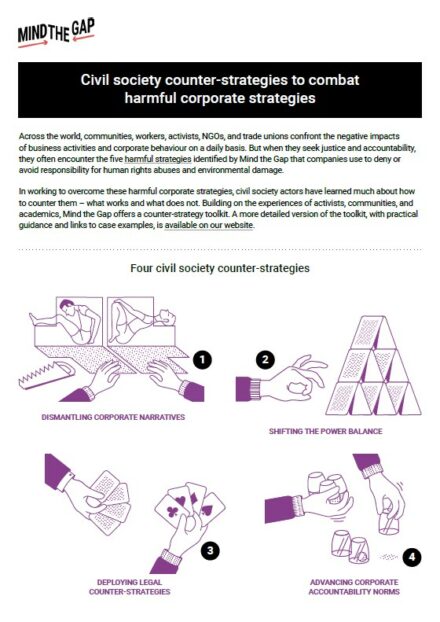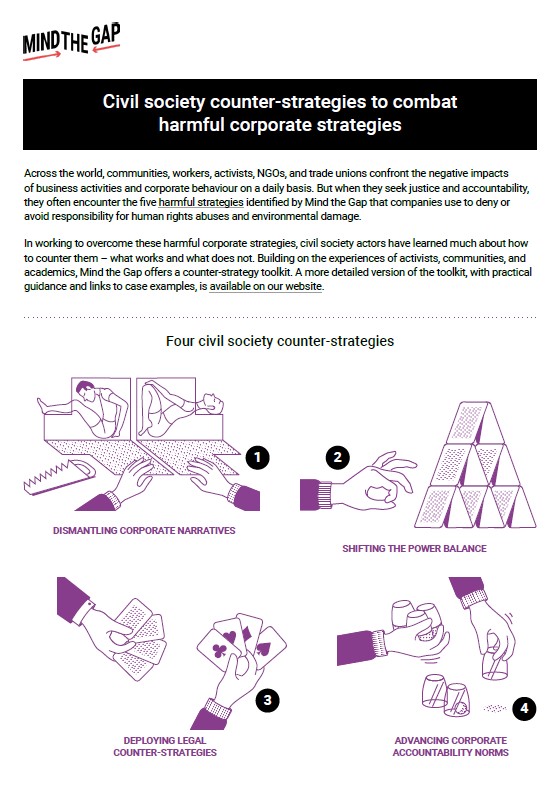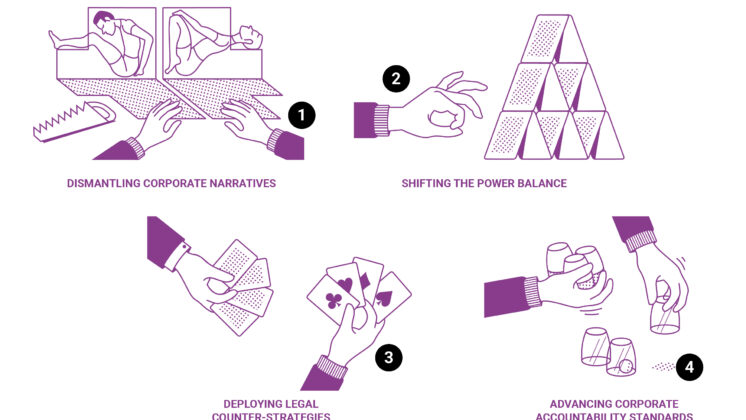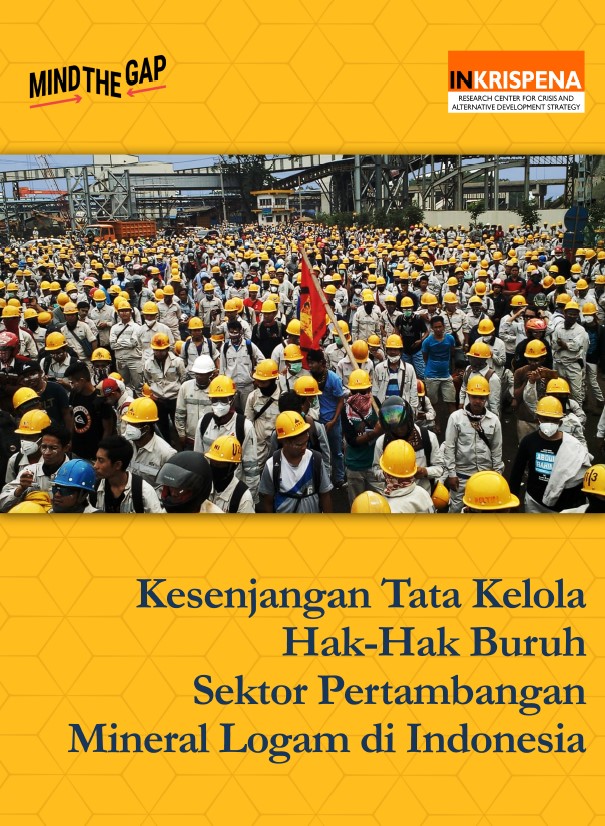Conducting pro forma and symbolic community engagement is a way for companies to deceive observers and stakeholders, and to gain support for their controversial activities. By symbolically engaging communities, companies attempt to avoid and mitigate community protests and subsequent demands for accountability directed at them.
CASE STUDY: Wanbao’s CSR commitments go hand in hand with forced evictions
When companies use this strategy, they aim to show that their practices contribute to societal welfare, are in line with societal expectations and international frameworks for responsible business conduct when in fact they are not. Instruments such as the United Nations Guiding Principles (UNGPs) and the Organisation for Economic Co-Operation and Development (OECD) Guidelines for Multinational Enterprises stress the need for companies to create space for communities to consent freely prior to the development of projects that would impact them. However, by means of symbolic community engagement, companies engage with communities mostly to impose their own perspective, either directly or indirectly.










